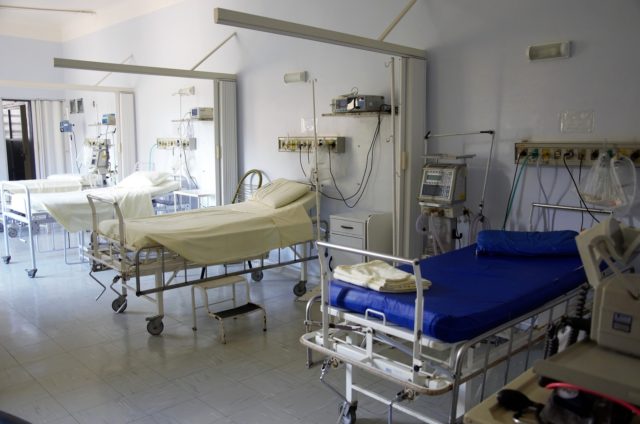Miscommunication can have significant consequences in the medical field. When critical information isn’t relayed between healthcare providers and patients and their families, it can lead to medical errors.
Between 2002 and 2013, 23,568 medical malpractice cases listed communication as a factor, according to Bradshaw Law LLC.
How can a communication breakdown lead to medical negligence?
How Miscommunication Can Lead to Medical Errors
Miscommunication between healthcare professionals and doctors and patients (or vice versa) can result in medical errors.
Common examples of miscommunication include:
- Lack of documentation
- Failure to communicate details about a patient’s condition
- Failure to follow or read the doctor’s orders
- Forgetting to check the patient’s medical records
- No informed consent
- Misinformation conveyed to the patient
- Language barriers
Miscommunication can lead to serious injuries or even death. Patients may need to undergo unnecessary and potentially painful treatments.
In many cases, medical negligence is the result of a lapse in communication between doctors and patients. Most commonly, avoidable communication errors occur during handoff, or when caretakers transfer responsibility for a patient.
When the handoff is ineffective, it can lead to treatment delays, medication errors, lost records, and in severe cases, injury or death. In hospitals, these types of errors can occur during a change in staff shifts if critical information is not relayed to the incoming staff. Failure to communicate critical information can very easily lead to a patient’s death. When staff is overworked, which is common in most hospitals, it’s all too easy to forget or overlook a patient’s needs. But these errors can lead to significant injuries or fatal delays in treatment.
What Next?
The situation becomes even more complex when patients have to deal with multiple specialists in addition to their general physician. These clinicians rarely communicate with one another, so it can be challenging to ensure that everyone is on the same page and has the same information. Patients are often left with the responsibility of coordinating the efforts of these doctors. This can be costly, time-consuming and difficult without experience.
Electronic systems can help improve communication, particularly between staff, but it can also be a problem if the technology fails. Failures can lead to significant data loss which can result in medical errors in addition to failed communication.
Patients put their trust and their lives in the hands of the healthcare system, but it’s important for them to be vigilant in the protection of their health.








